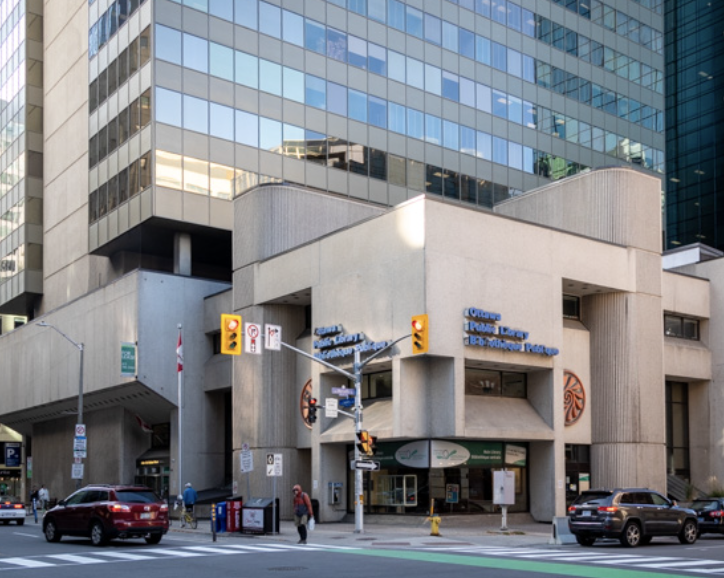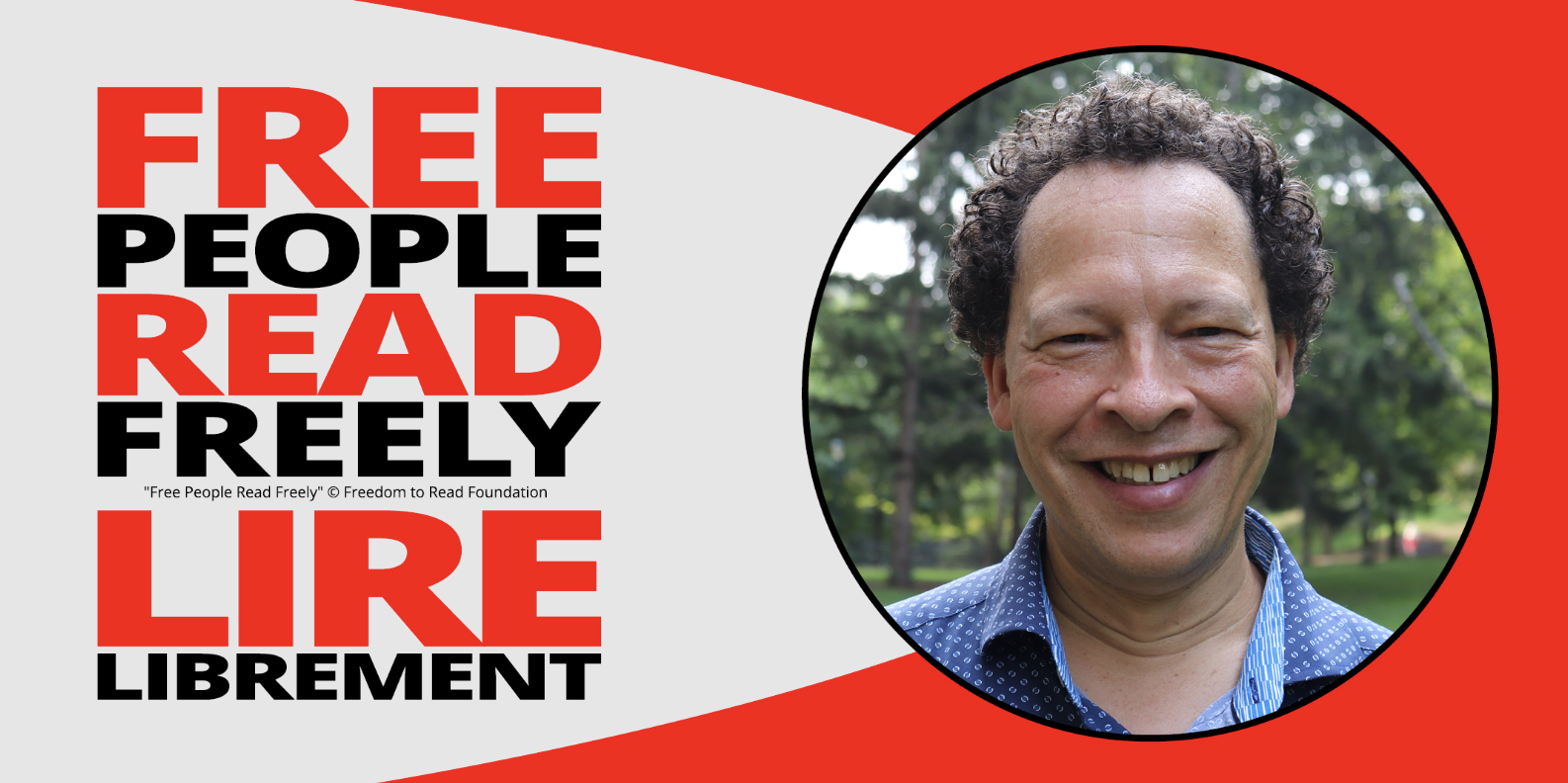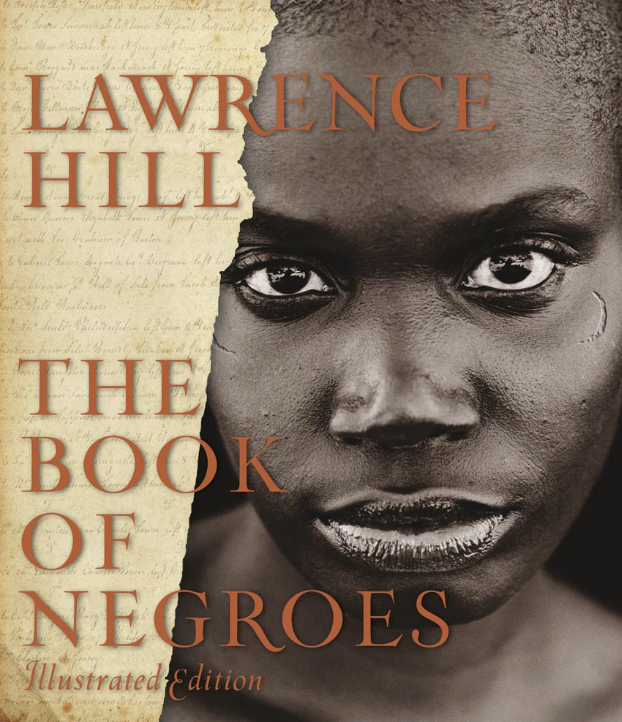Lauren Roulston • Feb. 29, 2024

OPL’s main branch downtown Ottawa (Ottawa Public Library).
Libraries across North America have found themselves in the crosshairs of book ban controversies. During the 2021-2022 school year in the United States, over 1,600 books were banned from school libraries.
Republican-led states in the South are leading the growing movement of banning books.
Residents of a township in Michigan have even voted against a tax levy to fund one of its only public libraries for the next 10 years over its inclusion of 2SLGBTQ+ books for youth.
Canadian schools and libraries are no exception. Last week, the Ottawa Public Library (OPL) held Freedom to Read Week to address the importance of accessing information.
“It’s an opportunity to talk about the importance of free expression in Canada,” says Alexandra Yarrow, program manager at the OPL.
“In our case we kind of see it as an opportunity to highlight the role of public libraries to protect and promote the freedom to read, and think, and have access to a really broad range of ideas and information, which is a cornerstone of democracy,” she says.

(Ottawa Public Library)
The library celebrated this week with events and discussions with esteemed authors, journalists, and public figures. John Ibbitson, political columnist for The Globe and Mail, spoke at one of these in-person and live streamed talks.
At another event Lawrence Hill, author of The Book of Negroes spoke about the role of censorship in Black stories. More specifically, about the censorship of the controversial title to his historical-fiction novel.

Author Lawrence Hill
A group in the Netherlands burned the book’s cover in 2011 to protest the use of the controversial word in its title. Hill addressed this as part of the conversation around censorship at Freedom to Read Week.
Despite the sometimes well intentioned concerns, they discussed the harmful implications of following through with censoring books.
“The Book of Negroes takes its title from a specific historical document that actually was called that,” says Yarrow.

The Book of Negroes (Lawrence Hill)
The novel is about Black-Americans who immigrated to Canada after the American Revolution, whose records were documented and broadly compiled into a book called The Book of Negroes.
“Many people were really uncomfortable with the title,” she says.
“From what I understand from hearing Lawrence Hill speak last week, a lot of those folks who got in touch with him or got in touch through his publisher had not actually read the book, so they didn’t actually know what it was really about.”
Hill explained last week that he would respond to these people who wrote to him, offering to talk a bit more about the book. But for the most part, they weren’t interested in engaging with him and were going to take whatever actions regardless of what he had to say, according to Yarrow.
Last year OPL received seven challenges to material in its own collection. This is typically the average of what they’ve received in previous years. These challenges come for a variety of reasons, including content that could be described as racist or antiquated language.
“Broadly speaking, challenges to material in North America relate to perspectives that are positive towards marginalized groups, particularly perspectives that are positive towards the LGBTQ community,” says Yarrow.
For Freedom to Read Week, the library hosted a video series on its website of different speakers and authors touching on the significance of accessing information through books. Patsy Aldana is a children’s book publisher in Toronto with Groundwood Books, and she speaks in one of these videos.
“For me, Freedom to Read has been part of my life’s work,” she says. “Trying to make sure that kids, especially, get a chance to encounter stories and lives other than their own with the ultimate aim of helping us to understand each other better and work for peace.”
Author Ivan Coyote emphasizes the importance of supporting public libraries after witnessing extremists pushback against women’s rights, Indigenous sovereignty, Critical Race Theory, and the rights of the queer community.
They quote Czech and French novelist Milan Kundera’s Laughter and Forgetting (1979) in the video:
“The first step in liquidating a people is to erase its memory, destroy its books, its culture, its history. Then have somebody write new books, manufacture a new culture, invent a new history. Before long, that nation will begin to forget what it is and what it was. The struggle of man against power is the struggle of memory against forgetting.”
Listen to this conversation as heard on CHUO’s weekly show The Mosaic:
